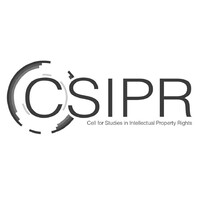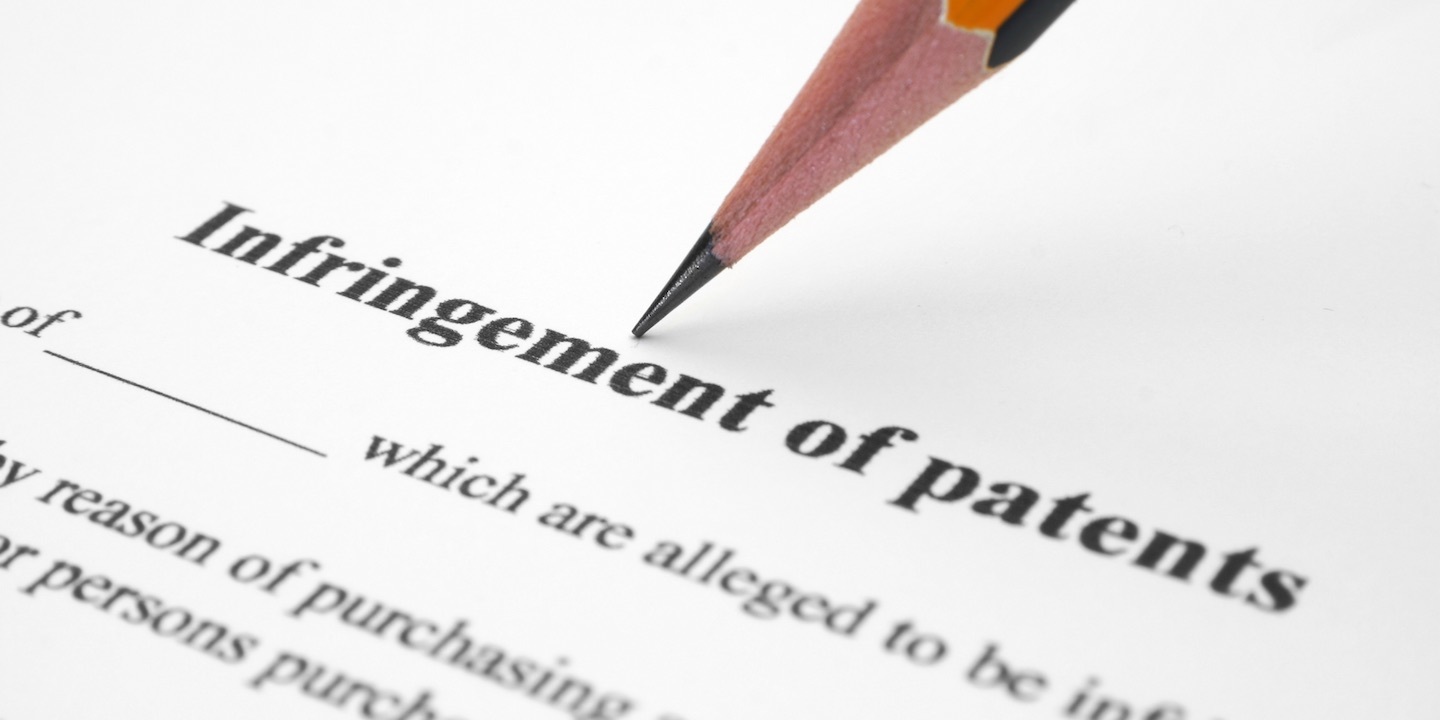[This post has been authored by Juhi Hirani, a student at the Institute of Law, Nirma University.]
Introduction
Patent rights are recognized as a reward for the inventor’s investment and innovation. In the pharmaceutical industry, such an exclusive patent right for a limited period plays an important role due to the quantum of investment in research, development and approvals being substantial. It is often debated that the exclusive right given to patent holders leads to the creation of market power in a manner that is detrimental to consumer welfare at the behest of innovation incentives. However, it becomes a competition law concern when such an exclusive power given to a patentee is misused to prolong the benefits being derived from such an exclusivity. Cases involving pharmaceutical manufacturers engaging in pay-for-delay settlements to unduly enrich themselves with an extended period of patent exclusivity has been ever-evolving in terms of analyzing such reverse payment patent settlement through the antitrust lens.
Through this article, the author highlights the concept and non-cash value transfer in pay-for-delay agreements. The author critically analyses the recent case in the United States of America (U.S.) known as AbbVie-Humira and the position in the European Union. While concluding, the author discusses the legislative changes being made in the U.S. while reflecting upon the possible way forward across the globe.
The Concept
Pay-for-delay settlements, as they are widely known, are a strategic arrangement between brand-drug manufacturers and generic companies whereby a reverse payment is made by the former to latter for staying off the market in return of value transfers. These settlements are a matter of scrutiny due to their ability to allow the brand manufacturers to maintain a monopoly-like situation, especially when this poses a risk towards the validity of their patent. Therefore, any mechanism which limits entry into the market, ultimately questions the ethos of competition law.
In the landmark case of Federal Trade Commission v. Actavis, Inc (“Actavis case”), the United States Supreme Court clarified the position with regards to a reverse payment settlement agreement being subjected to antitrust scrutiny under ‘Rule of Reason’ analysis. It was specifically held that any payment which is “large and unjustified”, being made by the brand manufacturer to the generic drug manufacturer, is likely to have an anticompetitive flavour and thus, demands scrutiny.
It cannot be refuted that pay-for-delay settlements have evolved over a period – from being cash value transfers to non-cash value transfers being made by brand manufacturers in exchange for delayed market entry. These non-cash value transfers are commonly recognized in the form of –
- Exclusive drug patent licenses to a generic drug manufacturer creating a duopoly-like market situation and thus, restricting the entry of other generics;
- No – AG Agreements wherein the brand manufacturer agrees not to release its own authorized generic version when the generic manufacturer enters the market in exchange of delayed entry;
- The recent case of In Re: Humira Antitrust Litigation discussed another such transfer of value, i.e., facilitating easy entry to the generic manufacturer into other geographic markets in exchange of delayed entry in a primary market where the brand drug manufacturer operates in a monopoly-like capacity.
The AbbVie – Humira case
The Rule of Reason approach emphasizes the potential pro-competitive effects of the reverse payment settlement agreement subject to the delayed entry not going beyond the patent expiry term. It thus becomes interesting to note the recent In Re: Humira Antitrust Litigation (“AbbVie case”) wherein on June 08 2020, Judge Manish Shah of the United States District Court of the Northern District of Illinois dismissed a Section 1 Sherman Act pay-for-delay claim for AbbVie’s patent settlement of its drug Humira that had biosimilar generics.
This was a novel case wherein the court recognized a reverse payment patent settlement in terms of an early market entry in Europe in exchange for a delayed market entry in the U.S. The court explained such settlement as having pro-competitive justifications. Justice Shah relied on the Actavis case that relates to “large and unjustified” payment and concluded that there was no anticompetitive effect as an early entry into a foreign market only increased competition in an otherwise patent-protected market.
However, it becomes critical to evaluate the scope and criteria of the term “large and justified” in the absence of any specified guidelines. Thus, it must be evaluated based on the court’s reasoning in the Actavis case, and on factors such as payment size, its scale vis-à-vis anticipated patent litigation costs and no reasonable justification for such a payment. It was further observed by the court that any payment made without any reasonable factors affecting such payment could reflect the likelihood of success of the patent’s invalidity claims. This could further point towards an undue objective of maintaining a supra-competitive market position by the brand manufacturer and sharing such benefits with a generic challenger. Such an arrangement reflects an attempt to avoid the huge quantum of loss which otherwise the brand manufacturer would incur if the patent invalidity claim succeeds.
In light of such a precedent, it is thus essential to note the factual circumstances in the AbbVie case. AbbVie entered into payment settlement agreements with eight manufacturers at different stages of the dispute. It settled with a biosimilar manufacturer Samsung Bioepis even before it filed its biologic application and with Sandoz even before it responded to the complaint filed by AbbVie. Out of the eight manufacturers AbbVie settled with, only four received the FDA approval to market their biosimilars out of which only two received approval before entering into settlement agreements for patent infringement with AbbVie.
The factual scenario of the case reflects upon a desperate effort indicating the extent of ex-ante measures taken by AbbVie to protect its patent even before a potential threat. This could be sufficient to point towards the likelihood of AbbVie’s patent being invalid and apprehension of huge anticipatory litigation costs. Thus, it is only critical to observe that the court failed to recognize the precedent it relied upon in its entirety to rule out anti-competitive charges against AbbVie. Therefore, whether there is a need to revisit the decision in the light of the potential that such non-cash value transfers hold to harm the competition, is certainly a question in concern at present in an appeal filed against the order.
The EU Stance
The Union Court of Justice of the European Union, very recently in the case of Generics (UK) v. Competition and Markets Authority, for the first time addressed the issue of pay-for-delay agreements in the pharmaceutical patent market. The court declared such agreements to be in a position to create an anticompetitive effect however not necessarily by object. While ruling on the necessity of the parties having a competitive relationship either actual or potential, the court mentioned that any pro-competitive effects could not be used as a garb to cover an otherwise anticompetitive settlement agreement being entered between the parties out of sheer commercial interest. This is primarily because such settlement agreements act as an insurmountable barrier to entry. The greater and anticipatory is such a transfer of value, the stronger is the indication of the original drug manufacturer’s commercial interests. Any possibility of anti-competitive conduct pursuant to the settlement agreement has to be assessed with a counter-factual of the manufacturer’s conduct in absence of such an agreement. Therefore, while the chances of success of a patent-invalidity claim could not be solely considered as an anticompetitive factor, it should be taken into consideration to determine the market structure in absence of such a settlement agreement.
What lies ahead?
Amidst the critical AbbVie case, the recent California Bill, AB 824 Business: Preserving Access to Affordable Drugs, (the “Bill“) presumes reverse payment settlement agreements to have an anticompetitive effect in its departure from the Actavis case which did not hold the reverse payment settlement agreements as presumptively anticompetitive. As a part of Paragraph IV litigation settlement, the Bill presumes an Abbreviated New Drug Application (“ANDA”) sponsor receiving anything of value in exchange for limiting or foregoing entry of a generic drug product as anticompetitive. It also shifts the burden on the settling parties to demonstrate its innocence or the pro-competitive effects of such agreements.
While any challenge to the Bill is yet to be witnessed, it will be interesting to observe the departure from the Actavis case upon the application of the rule of presumption of anticompetitive effects.
It is thus, true that patent-related matters are a constant struggle for competition law, especially where there is uncertainty with regards to the patent validity outcome. Further, to what extent such an outcome should be taken as an anticompetitive factor, is another question to be looked into. While India is yet to take a stance on this pertinent issue, it is only a matter of further debate if pay-for-delay agreements should be judged under the rule of reason approach. This could allow more room for critical decisions assessing the non-cash value transfers. Another possible way could be a presumption of an anticompetitive effect to avoid the increasing litigations and scope of subjectivity in interpreting the undefined parameters of assessment.



